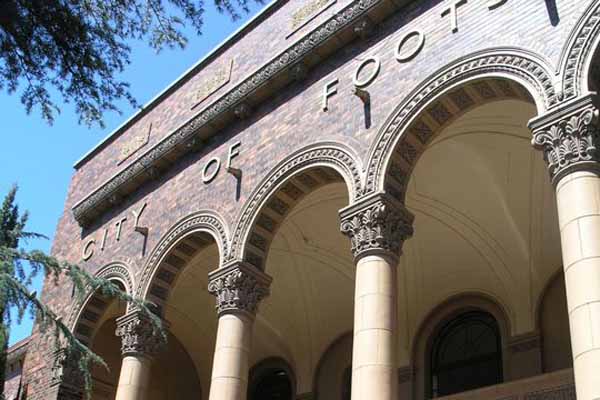A Maribyrnong councillor has likened the federal government to Nazi Germany over proposed tightening of Australian citizenship laws.
Councillors last Tuesday unanimously endorsed a motion moved by Sarah Carter opposing changes to extend residency requirements and toughening English language requirements to a university standard.
The motion argued the changes, already passed by the lower house but requiring cross-bench support to move through the Senate, will “alienate sections of Australian society”.
In supporting the motion, councillor Martin Zakharov said there was a long tradition by governments under threat to look for an enemy.
“It’s the sort of behaviour we saw the Nazis undertake in Germany,” he said.
“I think it’s something we are going to have to fight very hard over.”
In moving the motion, Cr Carter labelled the flagged changes in the Australian Citizenship Legislation Amendment Bill 2017, including the requirement for “university level” English, as “elitist, discriminatory and unnecessary”.
“We have the second most ethnically diverse population in Victoria and the fact is many of our
residents wouldn’t meet such a test, yet they are making an enormous civil contribution,” she said.
“They are hardworking Australians, small business owners, doctors and nurses.”
Councillor Cuc Lam, who arrived in Australia as a refugee in 1978, said she was “speaking from the heart” in condemning the changes.
“I was one of the first wave of refugees to come to Australia and I’m very proud to be Australian,” she said.
“I think a lot of migrants who come here want to contribute and don’t want to be a burden, they
want to improve themselves and make this their home until they die, but English is not easy.”
Cr Mia McGregor said extending the length of time before refugees and asylum seekers could apply for citizenship will take a toll on the mental health of those left in limbo for years.
In introducing the citizenship bill, immigration minister Peter Dutton said the proposal “suits the times we’re living in”.








